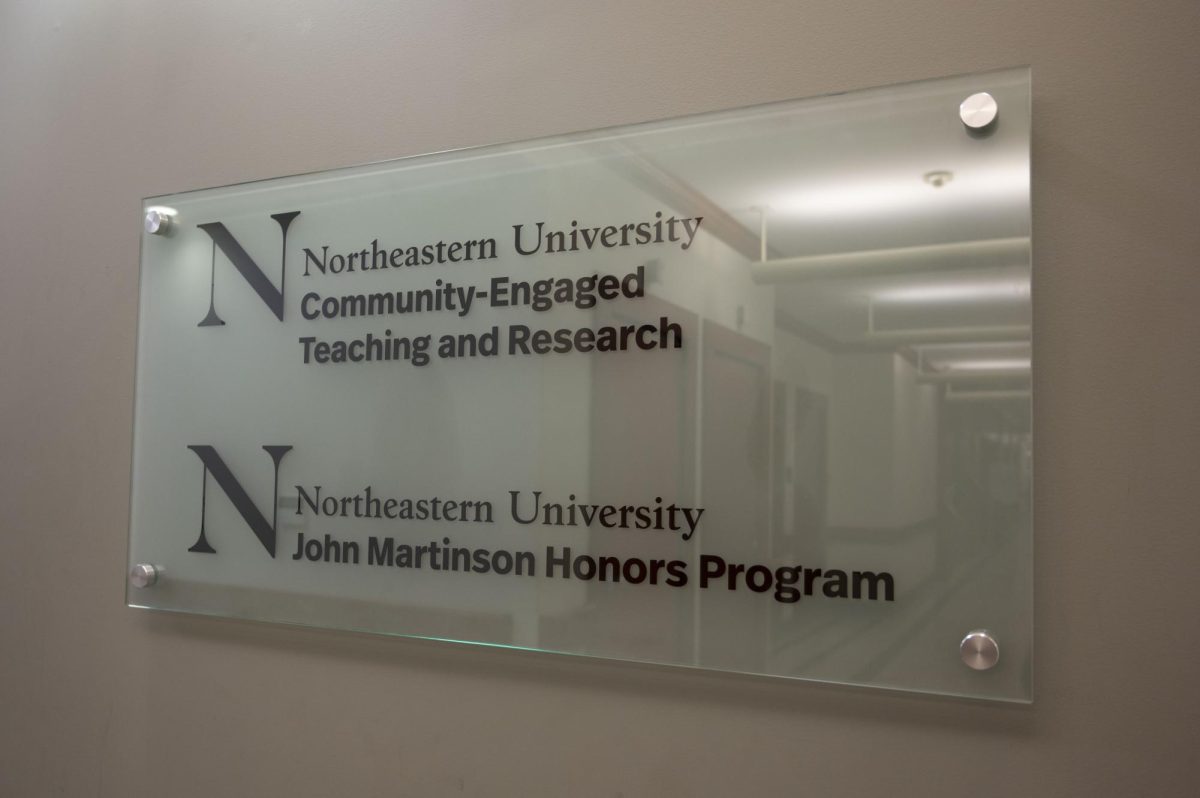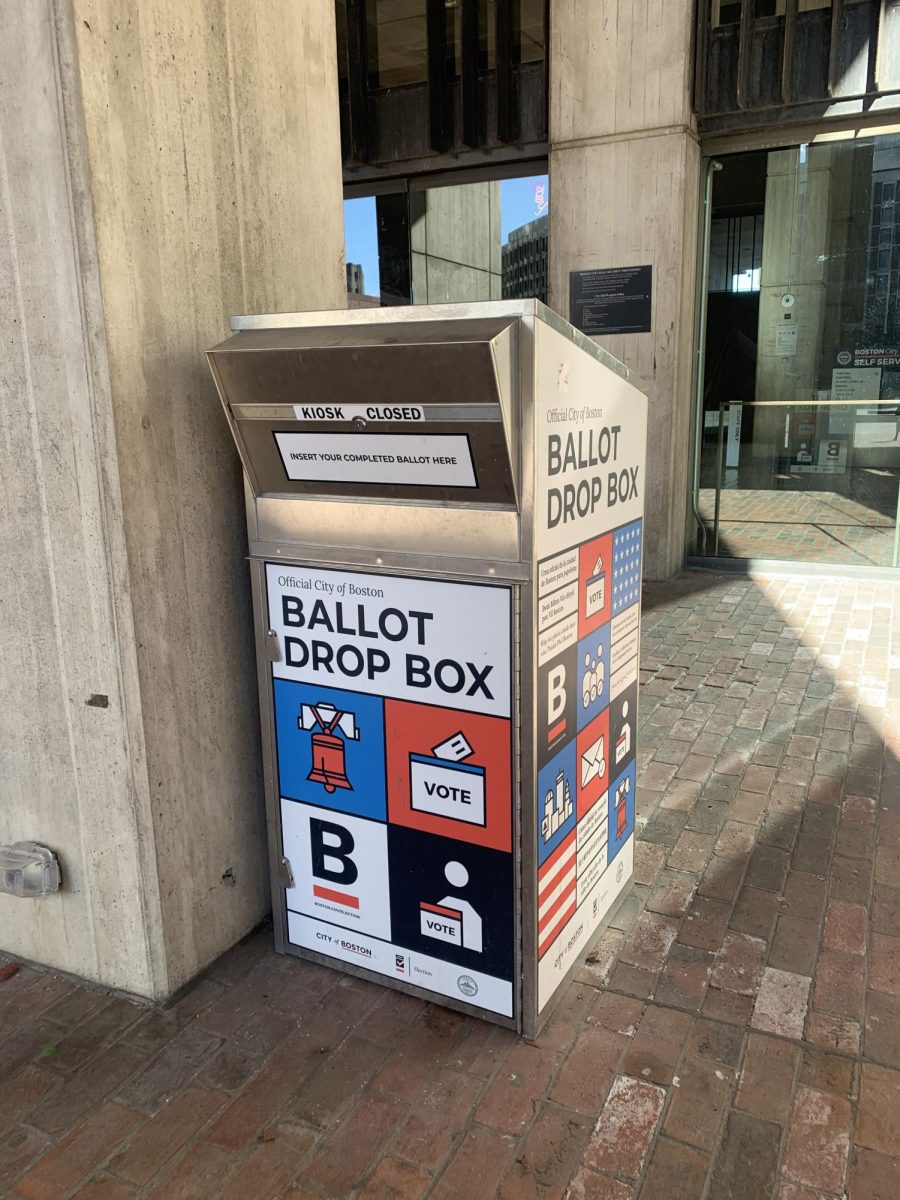I know, no one asked. But bear with me, because after four successful years at Northeastern, I have wisdom to share.
I entered Northeastern as a B-plus high school student (that was feasible in 2010, believe it or not). I am now facing graduation from a top-50 university as an A student with two majors, a Huntington News editor, and a part-time reporter at a major metropolitan paper. Next week I will likely be committing to attend an Ivy League law school on a significant scholarship.
I do not write this to brag, though some who know me may disagree. I write this because I believe I figured out how to succeed in college, and I feel obligated to share my secrets.
It’s easy, just try your best and learn to write well.
That’s all, but please allow me to elaborate.
“Try” sounds so intuitive, but since I have arrived on campus I have seen countless students doing just the opposite. If you really want to make the most out of the exorbitant tuition you (or your parents) are paying for you to attend Northeastern and be competitive in the barren post-grad world, follow these bits of common-sense advice:
-
Go to class – always, unless you have a very good excuse. Every time you miss a class you are missing something. Even if the notes are all posted on Blackboard, you are missing the learning process. The interaction between students and professors is a drastically affects how we think about the course material. Hearing other’s ideas and points of view make us question and challenge our own. It helps us develop the arguments and analyses we will need for finals and papers. If you go to class and pay attention, the material will become intuitive for when you need to regurgitate it.
This brings me to my next point:
-
Pay attention and participate in class. There’s no point in going to class if you are on Instagram the whole time. Class isn’t just about taking down information, it’s also thinking about and applying said information through active thought and discussion. Don’t go to class high. Don’t go to class drunk (even on St. Patrick’s Day). You will devalue your experience.
This, once again, segues conveniently to my next point:
-
Partying is for the weekends. Sure, maybe on some special occasions you can get away with cracking open a bottle on a Tuesday, but not when there’s work to be done and not when you have to be sharp for class on Wednesday morning. College should be fun, but if you want to take it seriously, it can’t be fun-time 24/7. You have to be realistic about balancing your academic and social lives. Besides, if you catch up on the weekdays, your Sundays will be free to recover from whatever suits your fancy on Saturday night. Work hard during the week, play hard on the weekends.
-
Lastly, complete your assignments on time and ahead of time. Many people say they work best when they are up against a deadline. I understand that, I am the same way. But set arbitrary deadlines a few days ahead of the due date. That way you have time to think about your work and make appropriate adjustments before you have to hand it in. You may do your best work at the last minute, but even your best work can always be better.
I do not fancy myself as an extraordinarily intelligent person. I just stuck to these principles over my four years at Northeastern and the results speak for themselves.
Writing also helps.
When discussing a final paper several semesters back, a professor took a look at a draft I gave him, briefly flipped through it and said, “Oh ya, you write well. You’ll be fine.”
Regardless of your major, writing is always a significant factor in how you express what you have learned and how your audience judges you. I was fortunate enough to have had excellent high school English teachers, so writing has long come as second nature to me. But writing can be learned. I would suggest taking the appropriate courses to fine-tune your skills.
It may be that some people can truly excel without following these steps – good for them. Some others may be happy with Bs – to each their own. But for the rest who of you who want to get the most for your tuition, putting in the effort is most the battle. And learn to write too.
-Nick Jacques is a senior journalism and political science major and the editorial page editor of the Huntington News.













